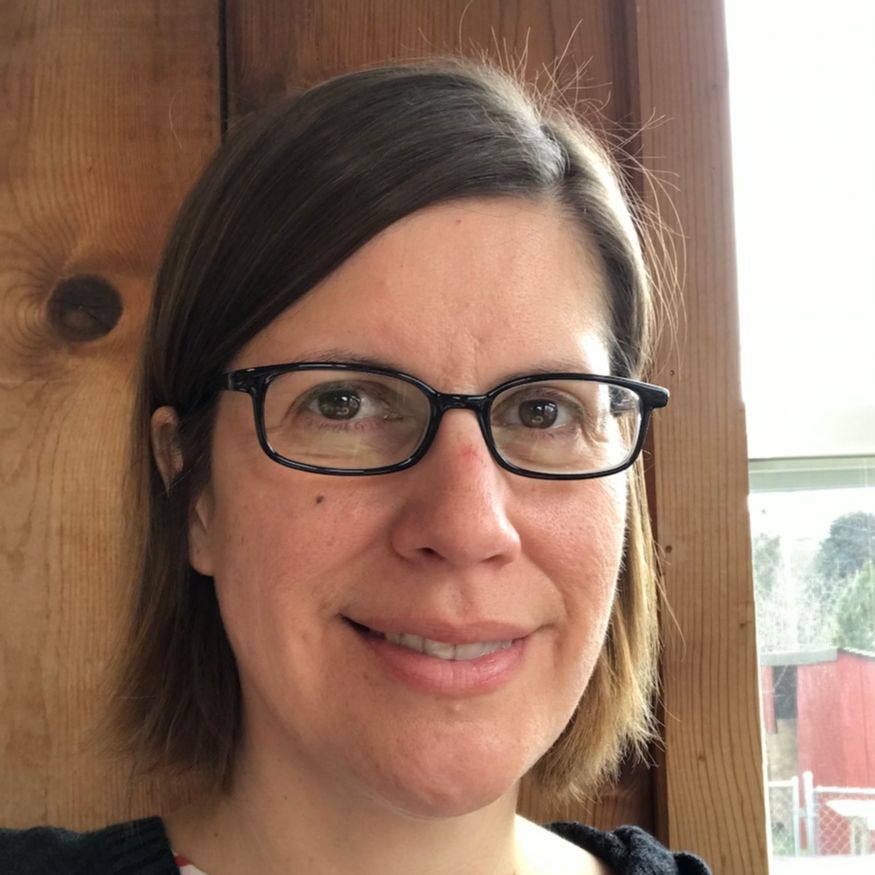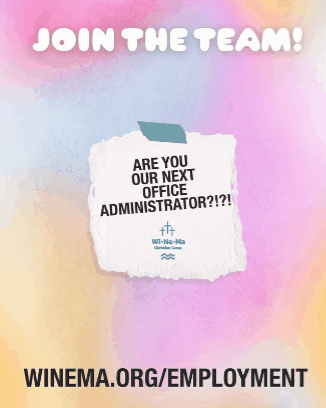By Dan Haag
Earlier this year, Friends of Cape Falcon Marine Reserve welcomed Margaret Minnick, their new coordinator. Margaret takes over for Hannah Buschert, who had to leave us to run her family business in Cannon Beach.
Minnick has a Master of Natural Resources from Oregon State University, where her graduate research was focused on coastal wetland conservation and restoration on public and private lands.
She has seven years of experience in natural resource project and program management, outreach, and working with external stakeholders. Since relocating to the north coast in January 2018, she has worked as a seasonal naturalist with the Haystack Rock Awareness Program HRAP). Prior to that, she managed international relations for the California Air Resources Board for five years, and worked in project management for environmental consulting firms for two years. She also has volunteer experience in snowy plover monitoring, marine debris surveys, and marine mammal rehabilitation.
I had a chance to chat with Margaret about her new position.
Beyond The Beach: Where did your interest in marine science come from?
Margaret Minnick: I just recently did my Masters in Natural Resources, which is a little more general. I steered it toward a marine topic, which was coastal wetlands, wetlands along rocky coasts. My interest in marine issues and ecosystems goes way back. The first real environmental work I did was in college, I volunteered at the marine mammal center in Sausalito, California. I just loved that, I was really drawn to marine mammals and ocean issues in general. Plus, I grew up around the ocean, my family has roots in coastal California.
BTB: What brought you to the North Coast?
MM: We were living down in Sacramento, nowhere near the ocean, and I was working for the State of California for the Air Resources Board. I wad managing their international relations. I just really wanted to make a change and be in an environment that felt right, which to me is a rugged coastal area. We took a leap and made the move and I started working for HRAP pretty soon after that as a lead beach interpreter.
BTB: What drew you to the position with Cape Falcon?
MM: I’d actually learned a fair amount about marine reserves in graduate school. I thought that would be a really exciting program to work on. When the position opened I was very excited as it’s the closest marine reserve to where I live. It also gives me the opportunity to work with the great marine reserve team at Oregon Department Fish & Wildlife (ODFW). One thing I didn’t like about working at the state level in California is that I felt really far from actual communities and community impact. I had a desire to see the actual end results of my work and be closer to community environmental issues.
BTB: Do you see yourself as a bridge to educating the younger generations on these issues?
MM: Absolutely. None of us ever stop learning or ever stop wondering at the natural world and finding new things to care about. I do think it’s really important to expose kids to these environmental issues. A lot of kids don’t even get to come to the beach or know what animals live in tide pools. It’s great to see them understand about different things than what they might be typically used to. Being a part of their understanding of the world has long term benefits for them and what they might care about.
BTB: What do you see as a big challenge for marine reserves?
MM: The huge population of visitors and the number of visitors these environments get. Many organizations like us operate with limited resources when it comes to educating visitors. People come to the beach, they want to be here because it’s so beautiful. But they don’t always know how to best interact with that environment, how to lessen their impact. There’s just not a lot of economic support for that kind of work in our society.
BTB: What would you most like to achieve working for the marine reserve?
MM: I’d definitely like to greatly increase local and visitor awareness of the marine reserve and the impacts people have on ocean environments. A lot of people don’t think about how activities on land might impact ocean environments. It’s easy to understand, but most of us maybe don’t think about that on a day-to-day basis. This feels like the right place for me to apply my education to issues that are important to me and my community members.


